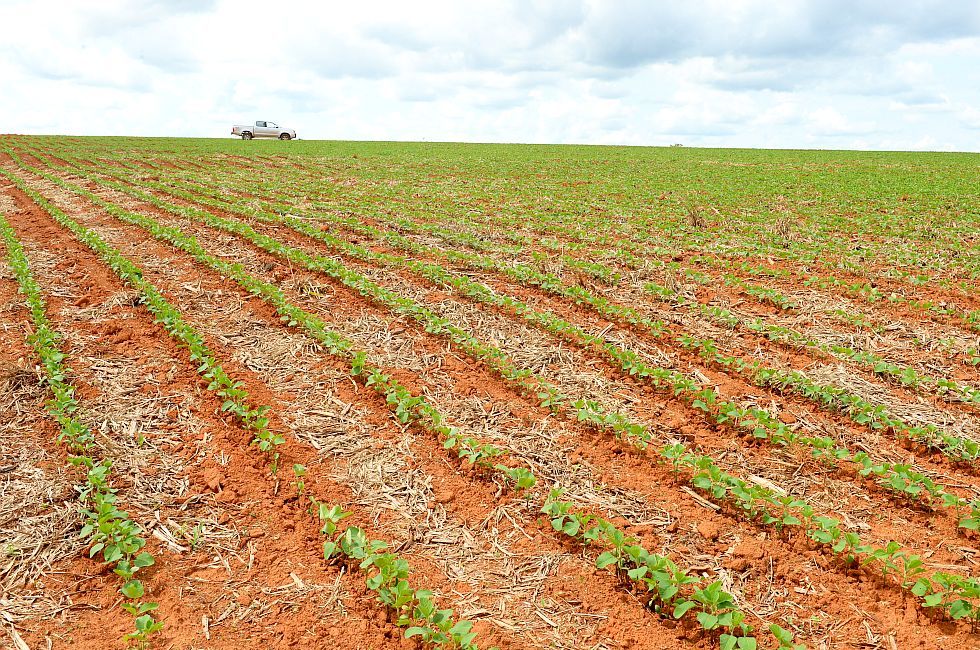Gov't aims to support small bio-ethanol plants with livestock farms

The state aims to support the construction of smaller bio-ethanol plants operating with the participation of local livestock farmers, state secretary at the Ministry of Agriculture Zoltán Gőgös told MTI.
Next year, the state expects several of these plants to be set up on an experimental basis in every region of Hungary. Depending on their success, a further 60-100 could be built, Gőgös said. Long term, these plants could supply up to one-third of Hungary's bio-ethanol capacity. The state does not yet wish to subsidize the construction of big bio-ethanol plants, Gőgös said. These plants are already eligible for subsidies available for other types of investment projects, such as subsidies for creating workplaces, corporate tax holidays and subsidized loans.
These subsidies may not exceed 10% of the cost of the entire investment, he noted. Investors in the bio-ethanol sector can also count on EU subsidies. Some Ft 2 billion in EU subsidies are expected to be available for the sector in 2007, and a combined Ft 15 billion can be expected in support during the 2007-2013 EU budgetary period. The rush to invest in Hungary's bio-ethanol market has stopped for now, but plans to eliminate the EU's maize intervention scheme may spark interest in the sector once again.
Since spring, investors have announced plans to build bio-ethanol plants in Hungary with a combined capacity of 1.5 tons, double the capacity the government considers realistic, Gőgös said. Investors in the sector have lost their enthusiasm because of falling oil prices, – oil prices have fallen about $20 to $50 in the past six months – and the resulting fall in industrial alcohol prices. At the same time, the price of maize, one possible feedstock for the production of bio-ethanol, has risen to a 30-year high as European farmers have harvested less.
The introduction of a new energy program in the US also meant fewer maize imports. The recently announced plan by Brussels to scrap the EU's maize intervention scheme could change the situation on the market, Gőgös said. Investor interest could even reach a level which does not require special state subsidies for the construction of bio-ethanol plants, he added. An annual 70,000 tons of bio-ethanol is produced in Hungary. This is expected to increase ten-fold by 2009-2010. (Mti-Eco)
SUPPORT THE BUDAPEST BUSINESS JOURNAL
Producing journalism that is worthy of the name is a costly business. For 27 years, the publishers, editors and reporters of the Budapest Business Journal have striven to bring you business news that works, information that you can trust, that is factual, accurate and presented without fear or favor.
Newspaper organizations across the globe have struggled to find a business model that allows them to continue to excel, without compromising their ability to perform. Most recently, some have experimented with the idea of involving their most important stakeholders, their readers.
We would like to offer that same opportunity to our readers. We would like to invite you to help us deliver the quality business journalism you require. Hit our Support the BBJ button and you can choose the how much and how often you send us your contributions.







